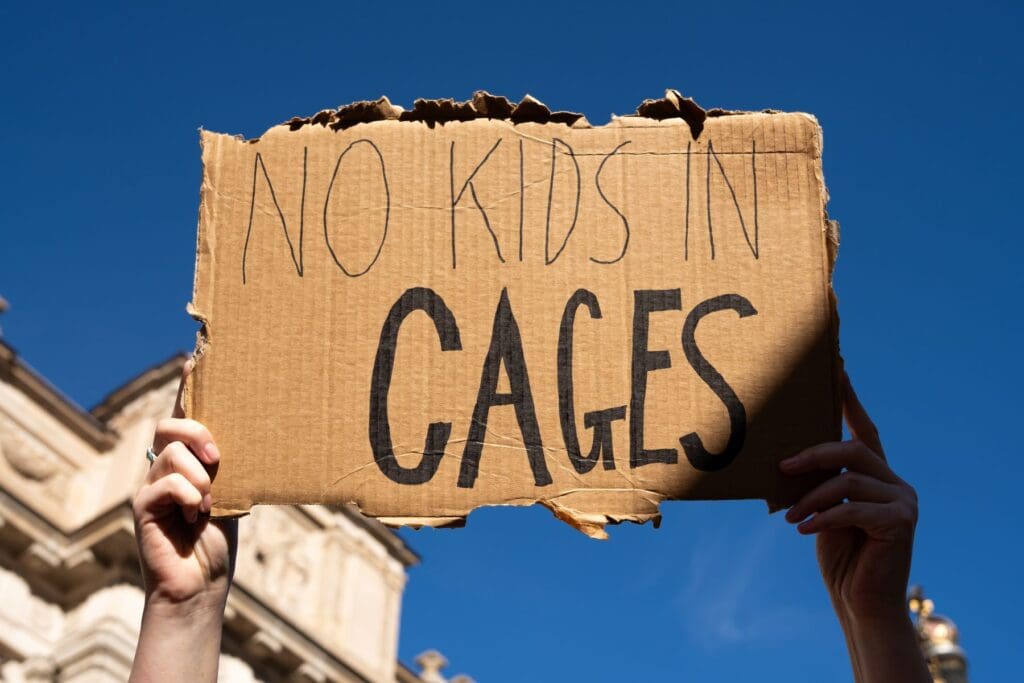A code of conduct for politicians must cover all forms of discrimination
The Human Rights Law Centre will today appear before the Joint Select Committee on Parliamentary Standards (Committee), to give evidence for reforms that would ensure that politicians and all people working in, or visiting, the Commonwealth Parliament fall under a code of conduct. The code should cover not just gender-based bullying, harassment and assault, but other forms of discrimination, including racism, ableism and transphobia.
The Committee was established to consider codes of conduct for parliamentarians and their staff on the recommendation of Sex Discrimination Commissioner Kate Jenkins following allegations of gender-based violence occurring in Parliament. Jenkins also found Parliament to be “inherently unsafe” for people who are Aboriginal and/or Torres Strait Islander, people of colour, people with disability, and/or LGBT+ people.
The Human Rights Law Centre has made nine recommendations for reform, including:
-
the introduction of codes of conduct for parliamentarians, their staff, and the parliamentary precinct overseen by an independent body;
-
that the codes of conduct be broadly drafted to cover not just gender-based violence, but other forms of discriminatory abuse including racism, ableism and transphobia;
-
the code of conduct for politicians should include proportionate penalties for breaches, including temporary suspensions from the Parliament;
-
expanding whistleblowing protections for parliamentarians’ staff.
Alice Drury, Acting Legal Director of the Human Rights Law Centre, said:
“When people in powerful, public positions are not held to account for racism, gender-based violence, ableism and transphobia, it implies that this behaviour is acceptable for everyone. It signals to the community that our governments value some people’s lives over others. It emboldens perpetrators. It discourages victim/survivors from raising complaints.
“Discriminatory abuse in our parliament makes the whole country less safe.
“Respect should be the broad standard by which parliamentarians and their staff should treat each other, their colleagues, and all people working in or visiting parliamentary workplaces.”
Media contact:
Michelle Bennett: 0419 100 519
Media Enquiries
Chandi Bates
Media and Communications Manager

University of Melbourne urged to drop repressive anti-protest and surveillance policies
The University of Melbourne is being urged to abandon policy changes that restrict staff and students’ right to protest and permit the widespread surveillance of people using their wifi network.
Read more
Expanded protections for marginalised groups welcomed in Allan Government’s anti-vilification laws
The Human Rights Law Centre welcomes the additional protections for marginalised groups in anti-vilification laws passed today by the Allan Government. These laws expand protections from vilification to include people from LGBTIQA+ and disability communities, and provide communities with important civil law avenues to address vilification.
Read more
Aboriginal human rights experts take Australia’s racist youth justice policies to the UN
Aboriginal leaders are calling on the United Nations to take urgent action to address Australia’s discriminatory and punitive youth justice policies
Read more


